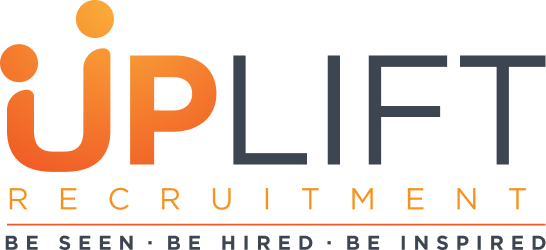
CRAFT YOURSELF THE PERFECT ONE-LINER
We’ve Got An Epic Answer to the World’s Least Favorite Question
“What Do You Do?” It’s the question everyone dreads yet routinely asks at cocktail parties, networking events, and social engagements. This reflexive, habitual act normally elicits a boring answer that isn’t always the conversation starter it was meant to be. Your proclamation of your title – as in “I’m an electrical engineer,” or “I’m a nurse,” or “I’m a property stylist” – tells the asker very little about you or your line of work. Unless your job title is super exciting, you’ll rarely have piqued their interest enough to cause them to remember you at all. So if you’re keen to make connections that help grow your professional and personal network, it’s time to craft a thought-provoking, memorable answer to this omnipresent question.

Craft Your Story
How do you unlock opportunity in these mundane conversations? You must be relevant and memorable. You need to quickly demonstrate your value and connect with the people you are talking to. You need to know your story and distil it down into a striking, clear, and extremely brief statement that packs a punch.
The Uplift Recruitment Team recently read Donald Miller’s book, Building A Story Brand, which sets forth a game plan for entrepreneurs and business leaders to change the way they communicate with their customers. We’re writing this blog post because we found the simplest part of Miller’s Communication Plan, the need for an impactful one-liner that describes what you do, to be extremely relevant for both job candidates and employers today.
A one-liner is essentially a short 2-3 second elevator pitch that is a simple, clear, and memorable way to tell people what you do and why you do it. Miller breaks down the one-liner into a simple formula:
- Start with the problem or pain point that most of your customers face.
- Explain how you solve their problem (the solution)
- Lastly, explain what success looks and feels like for your customers. Alternatively, talk about what failure they avoid because of the work you do.
So, let’s say you’re an auditor at a cocktail party. Someone casually drops the question… “So, what do you do?”
You have two choices. Mutter “auditor” and be met with solemn faces before the next person answers OR shine by communicating your real value with a well-thought-out one-liner that goes something like this:
[Problem] Many businesses don’t keep accurate accounting records and don’t know that their systems are ineffective. [Solution] I help review the accounts and records businesses and find areas where improvements can be made. [Success] My clients avoid unnecessary costs, pay fewer taxes, and identify ways to improve to increase their profits.
Which answer to the ‘what do you do?’ question is more likely to open up a conversation and invite follow-on questions? By far, the second answer is more likely to provoke someone to say, “Hey, can I have your business card?” The listener instantly understands how the auditor can help them or someone they know.
Why This is Relevant to Job Seekers

One word: networking. Creating a personal one-liner that encapsulates your value in very basic terms and etches you into a person’s memory is a surefire way to get noticed. Practice using this line at networking events, on the bus, at the airport bar, at the park. Take notice of how people react and engage. Explain how you are the answer to people’s problems. You never know where the connection you need to find your dream job is waiting. Also, all this repetition will help you down the track when you’re in front of a hiring manager as you’ll be able to clearly state your main value to the company without hesitation.
Why This is Relevant to Employers

Miller explains how companies large and small can benefit from the creation and adoption of a one-liner in great detail in his Story Brand workshops. As Miller says, “use it to unify your staff, amplify your marketing, and grow your business.” Miller asks companies to get every one of their staff to memorise the one-liner, and include it in on their social media profiles, email signatures, and website. Thus, executive staff and hiring managers would be well served in knowing their company’s one-liner when interviewing potential employees. A one-liner can convey a company’s big picture function and goals to potential new employees so that the candidates are clear on the business’ purpose from the get-go.
Now It’s Your Turn
No matter where we are in our careers, we can all take a page out of Miller’s book and focus on clarity. So, take some time and craft your one-liner! We’d love to hear what you come up with, leave yours in the comments below!
